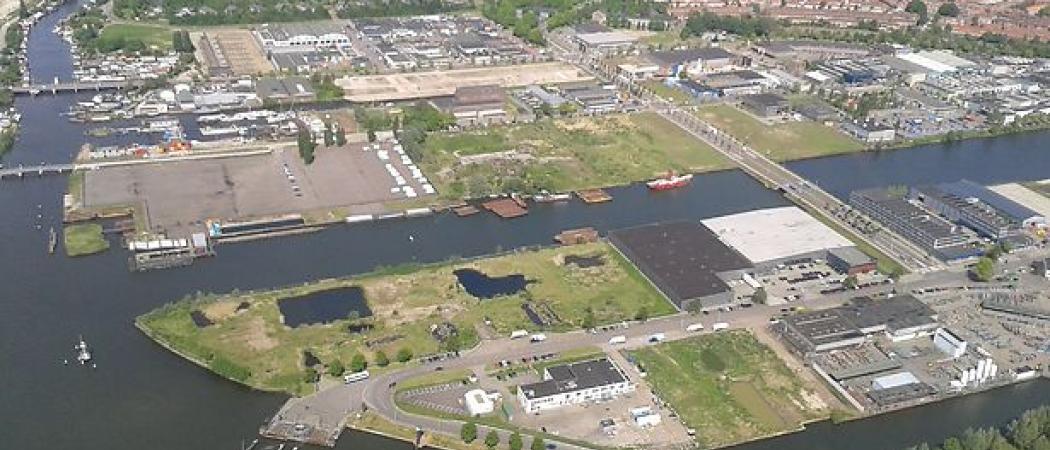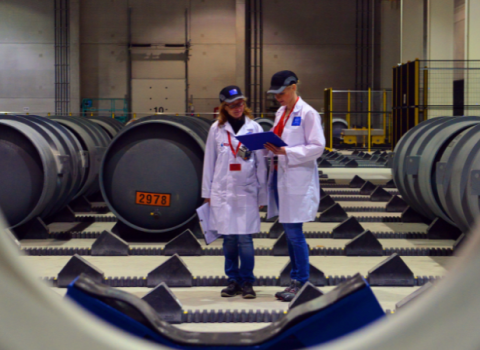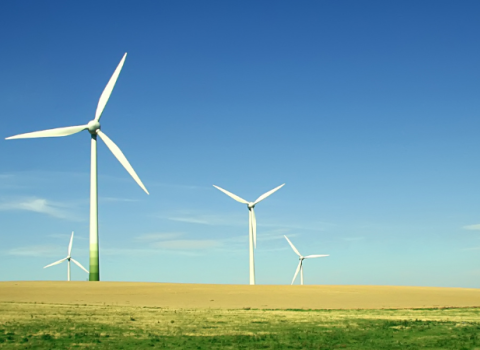
The Buiksloterham area in Amsterdam-North, where an ‘energy-positive district’ will soon be developed
Amsterdam has received a European grant for the development of an ‘energy-positive’ district in the Buiksloterham neighbourhood. Part of this grant, amounting to 1.3 million euros, will go to research programmes at the Amsterdam University of Applied Sciences (AUAS). The energy-neutral reputation of this district is already well known. This project goes a step further by developing a district where more sustainable energy is generated than consumed.
In the European project, called ATELIER, Amsterdam is joining forces with the Spanish city of Bilbao. Both cities are going to develop districts with a local energy market where residents can trade energy that they have generated sustainably themselves and do not need for their own use. In Amsterdam-North, the new district will also have a hub for shared electric transport.
Roll-out in Europe
The AUAS is involved as a knowledge partner. Researchers from several research programmes use applied research to provide insight into which technologies contribute effectively and efficiently to these energy-producing districts and how the various parties involved can achieve this within a particular area. The research results will be evaluated and will inform recommendations for the further roll-out and implementation in other European cities.
In total, ATELIER will receive a grant of 19.5 million euros from the European Horizon 2020 programme, of which 9 million euros will be spent in Amsterdam.
Smart cities
The project builds on the knowledge and experience gained in the AUAS Smart City Academy where cooperation on the development of education and research on smart cities takes place on the basis of the AUAS priority areas Urban Management, Urban Technology and Entrepreneurship.
In addition to the technological possibilities, attention is focused on matters like new forms of civic engagement and effective business models.
Professor Robert van den Hoed (Energy and Innovation): “This project represents a great opportunity for the AUAS to pool and utilise our knowledge of and expertise in urban themes from all our research programmes. We also link to our education in the project. For example, by encouraging students to participate in the research, and also by developing study material on the basis of the insights.”
Professor Willem van Winden (Urban Economic Innovation): “We are going to develop strategies for scaling up and replicating these districts. And we are setting up training and coaching programmes for professionals and students.”





 A unique international forum for public research organisations and companies to connect their external engagement with strategic interests around their R&D system.
A unique international forum for public research organisations and companies to connect their external engagement with strategic interests around their R&D system.